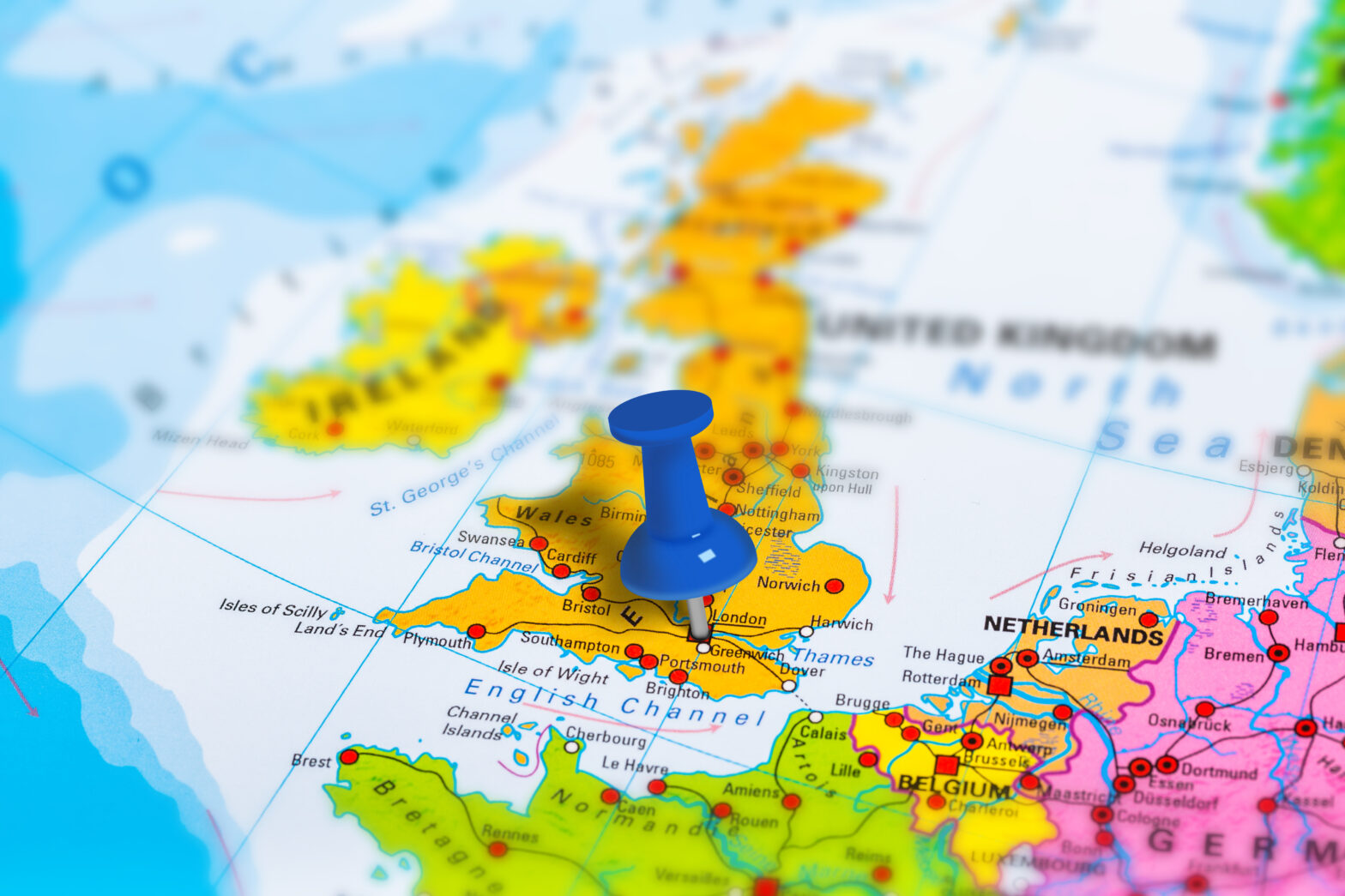The net wealth of the UK declined 1.4 per cent to £6,669 billion last year, according to official figures. It was a lesser drop than the year before, when the country’s wealth fell 4.3 per cent, but what is more interesting is how that wealth is made up.
The majority of it, 61 per cent, is residential housing. That makes it immediately obvious how vulnerable the UK is to a fall in property valuations, which are sustained largely by the ability of households to borrow money. Since 2007, some £265 billion has been wiped off the value of houses, and prices have just started to fall again.
Civil engineering works — roads, bridges and so forth — weigh in as the second biggest asset on the UK’s balance sheet. They’re worth £725 billion, more than a tenth of the UK’s net wealth and more valuable than our entire portfolio of intangible assets (software, patents, artistic works). So much for the knowledge economy.
Slice the data another way and other weaknesses of the UK’s economy are laid bare. Households are worth some £7,244 billion, more than the entire net wealth of the country. That is possible because other sectors are in the red: notably central government (worth a negative £395 billion) and financial corporations (minus £390 billion). Private, non-financial corporations knock another £323 billion off the UK’s worth, largely thanks to the liabilities of a handful of massive companies.
Despite the dips over the last two years, the UK has seen growth of 53 per cent in its net wealth since 2001. But more than three-quarters of that (76 per cent) is due to the residential property boom, which no-one now expects to be repeated any time soon.
All in all, these figures paint a picture of a country that is like a grand old stately home which has been remortgaged by its impecunious owners: outwardly impressive but hard to maintain in a decent state of repair.
It may be that in future some international equivalent of the National Trust will step in to preserve the UK as a historic curiosity, converting the Isle of Wight into an oversized gift shop. In the meantime, the new government must do all it can to encourage investment in businesses, not in bricks and mortar.






